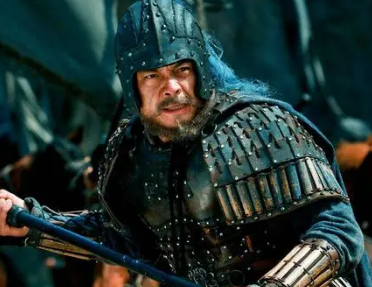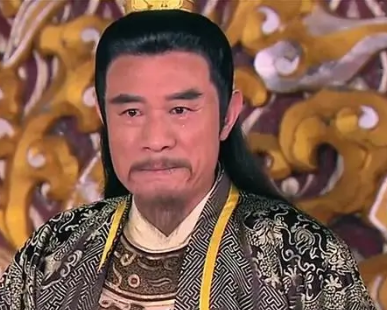The Ming Dynasty, as the last feudal dynasty established by Han Chinese in Chinese history, had distinctive characteristics in its military system and political structure. In the Ming Dynasty's military system, the Jinyiwei and the regular army were two important components. However, there were significant differences between them, mainly reflected in their duties, organizational structure, sources of power, and loyalty.

Firstly, in terms of duties, the Jinyiwei was primarily responsible for the emperor's safety and palace security, while the regular army was mainly responsible for national defense and external wars. The Jinyiwei served as the emperor's personal bodyguards, with their primary task being to protect the emperor's life and maintain palace stability. In contrast, the regular army served as the country's main military force, tasked with defending the territorial integrity of the nation and resisting foreign invasions.
Secondly, in terms of organizational structure, the Jinyiwei was a relatively closed organization, primarily commanded by the emperor. On the other hand, the regular army was a relatively open organization, managed and commanded by institutions such as the Ministry of War and the Five Military Commissioners. Members of the Jinyiwei were mainly trusted and favored by the emperor, and their selection and promotion mainly depended on the emperor's personal preferences. In contrast, members of the regular army were selected through imperial examinations or the hereditary system, and their promotion was primarily based on their military talent and battle achievements.
Thirdly, in terms of sources of power, the Jinyiwei's power mainly stemmed from the emperor's personal authority, while the regular army's power originated from the state's legal authority. The Jinyiwei served as the emperor's private army, and their power was entirely dependent on the emperor's personal authority. In contrast, the regular army was the country's military, and their power derived from the state's legal authority.
Lastly, in terms of loyalty, the Jinyiwei's loyalty to the emperor was much higher than the regular army's. Since the majority of Jinyiwei members were trusted and favored by the emperor, they had deep affection and absolute loyalty to him. Although members of the regular army also had a loyal heart towards the country and the emperor, they placed more emphasis on the honor of the military and the dignity of soldiers.
Overall, there were significant differences between the Ming Dynasty's Jinyiwei and regular army in terms of duties, organizational structure, sources of power, and loyalty. These differences not only reflected the characteristics of the Ming Dynasty's military system but also its political structure.
Disclaimer: The above content is sourced from the internet and the copyright belongs to the original author. If there is any infringement of your original copyright, please inform us and we will delete the relevant content as soon as possible.






























